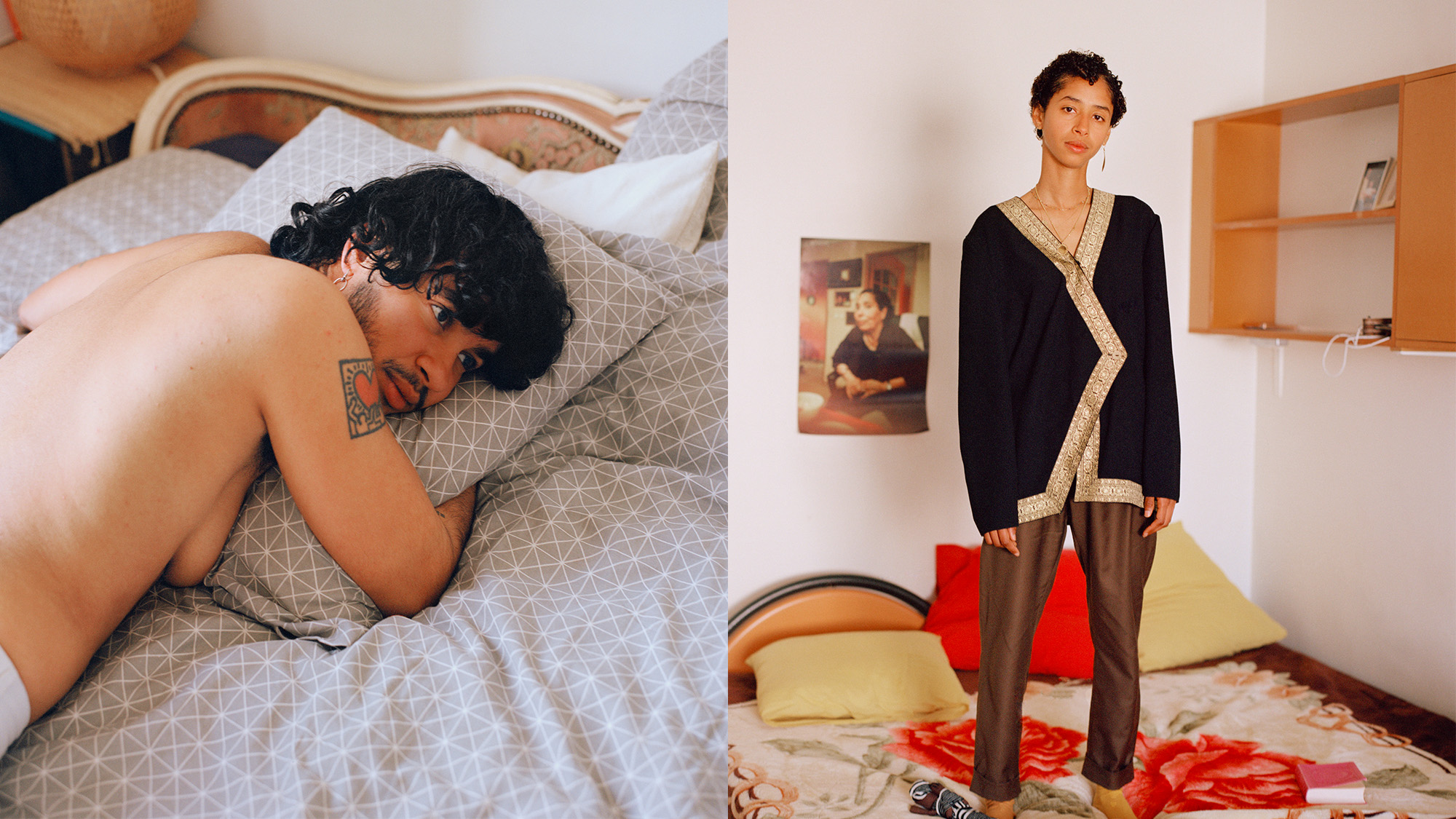Documentary and portrait photographer Camille Farrah Lenain dissects issues of representation, collective memory and identity through long-term projects grounded in portraiture. Connecting the dots that make up her subjects’ stories, she refocuses attention on communities whose experiences are traditionally overlooked or misunderstood. In her ongoing body of work, Made of Smokeless Fire, the French-Algerian photographer turns her gaze onto France’s LGBTQ community within Muslim culture, spotlighting the reality of their coming out stories.
“The series takes its title from the djinn: invisible creatures that, in Islamic mythology, are neither good nor evil,” Camille tells i-D, speaking over the phone from her studio in New Orleans, where she now lives. “Believed to accompany you in difficult moments of your life and ‘made of smokeless fire’, they are at times associated with diseases and mental issues.” Within the Muslim community, “queer people are often told to be possessed by a djinn,” explains the photographer who, in her project, reclaims that image into something her subjects can feel proud of.
A collection of portraits and testimonials by a diverse community with Islamic backgrounds, “Made of Smokeless Fire is a resource for those carrying these multilayered identities, and for their families to learn how to support them,” Camille says. The idea for this project came to her three years ago while she was listening to the radio. “They were broadcasting an interview with Ludovic-Mohamed Zahed — the Marseille-based gay imam that founded the first LGBT-friendly mosque in Europe,” she recalls. “After hearing his story, I couldn’t stop thinking of my uncle Farid, who passed away in 2013.”
One of her mother’s eight siblings, Farid was diagnosed with AIDS and diabetes at a young age. As a gay man raised in France by an Algerian immigrant family, despite it being known to everyone, “his sexual orientation was rarely talked about at home,” the photographer explains. She adds that, despite him being a fundamental presence in her upbringing, his relationship with religion remains a mystery to her.
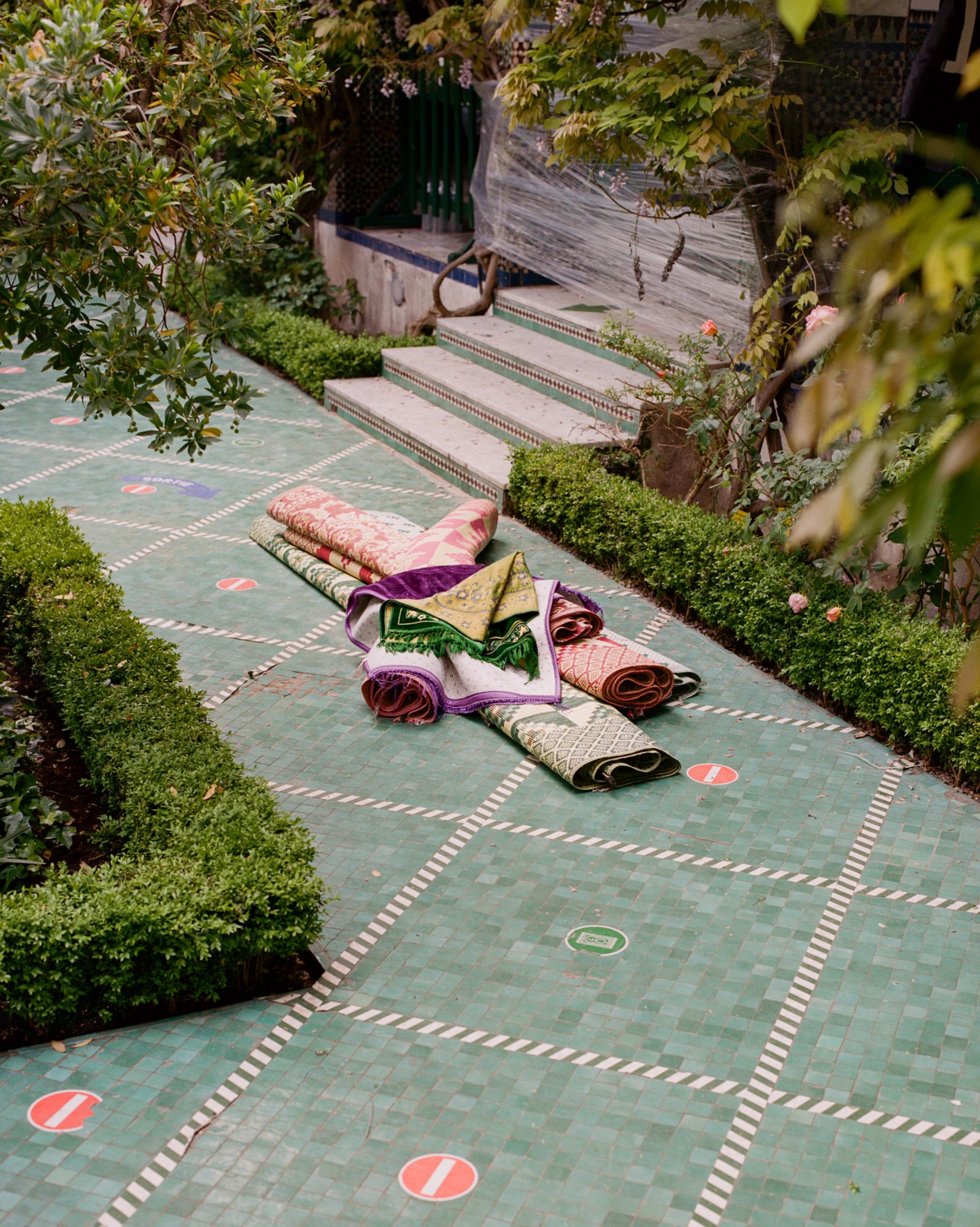
“The bond between my mum, her two Paris-based sisters, and my uncle was very tight,” Camille says. “Throughout my childhood, we would constantly have dinner and go on holiday together.” French on her father’s side, the photographer confesses she feels more attached to her Algerian roots; though according to her, “adapting to their country of residence is inevitable for most children of immigrants”.
Growing up in Paris, she would celebrate the end of Ramadan, enjoying the food of its tradition and getting henna on her hands, but she would also do Christmas. “Many people that leave their country to build a life elsewhere loosen the ties with their culture to fit in with their new place,” Camille says, reflecting on how, after moving to France in the 1960s, her relatives stopped practicing Islam as regularly as they did in Algeria. Living at the intersection of discrimination from sexual orientation, gender identity and racism, this was particularly true for her uncle Farid.
It was the curiosity about the sides of his life that she never discovered that, six years after his passing, persuaded Camille to contact the imam Ludovic-Mohamed Zahed and start Made of Smokeless Fire. Not having had the opportunity to ask Farid about his life as a queer person of Muslim culture directly, the photographer called on other people sharing similar experiences to learn from their stories; recruiting sitters for her project from Zahed’s network, social media, and at protests on the streets of Paris. Ultimately, Camille strives to bring forward an under-explored interpretation of Muslim culture, reviving the memory of her uncle Farid.
Below, some of the project’s protagonists share their thoughts on queerness and coming out within France’s Muslim community.
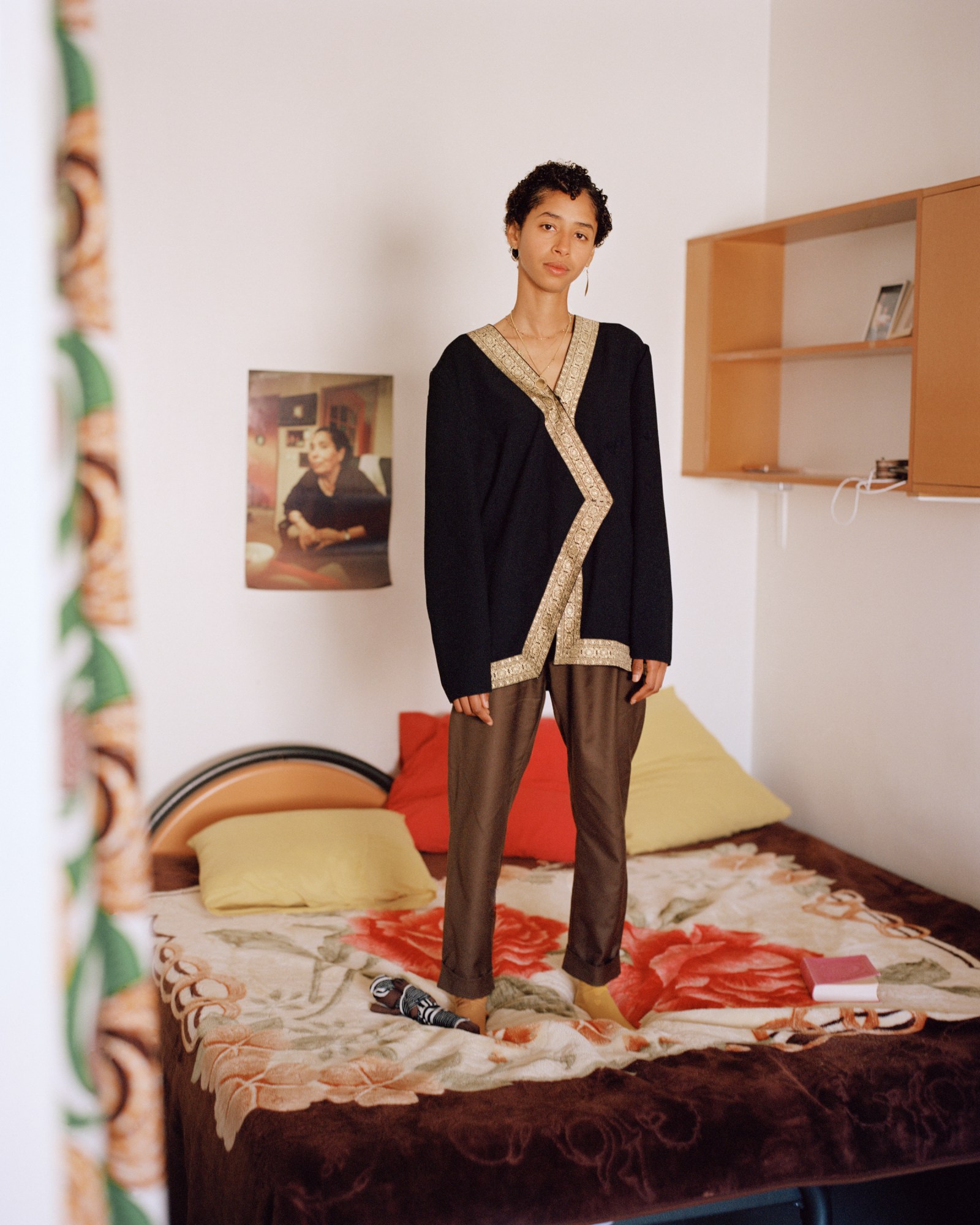
Rizlaine, Paris / Morocco
“I thank God every day that I am not straight. When you love someone outside of the norm, you step out of that norm. It is a relationship to love that goes beyond something. It is a relationship to love with a capital L. It surpasses something. You love the person, not what they are supposed to be.”
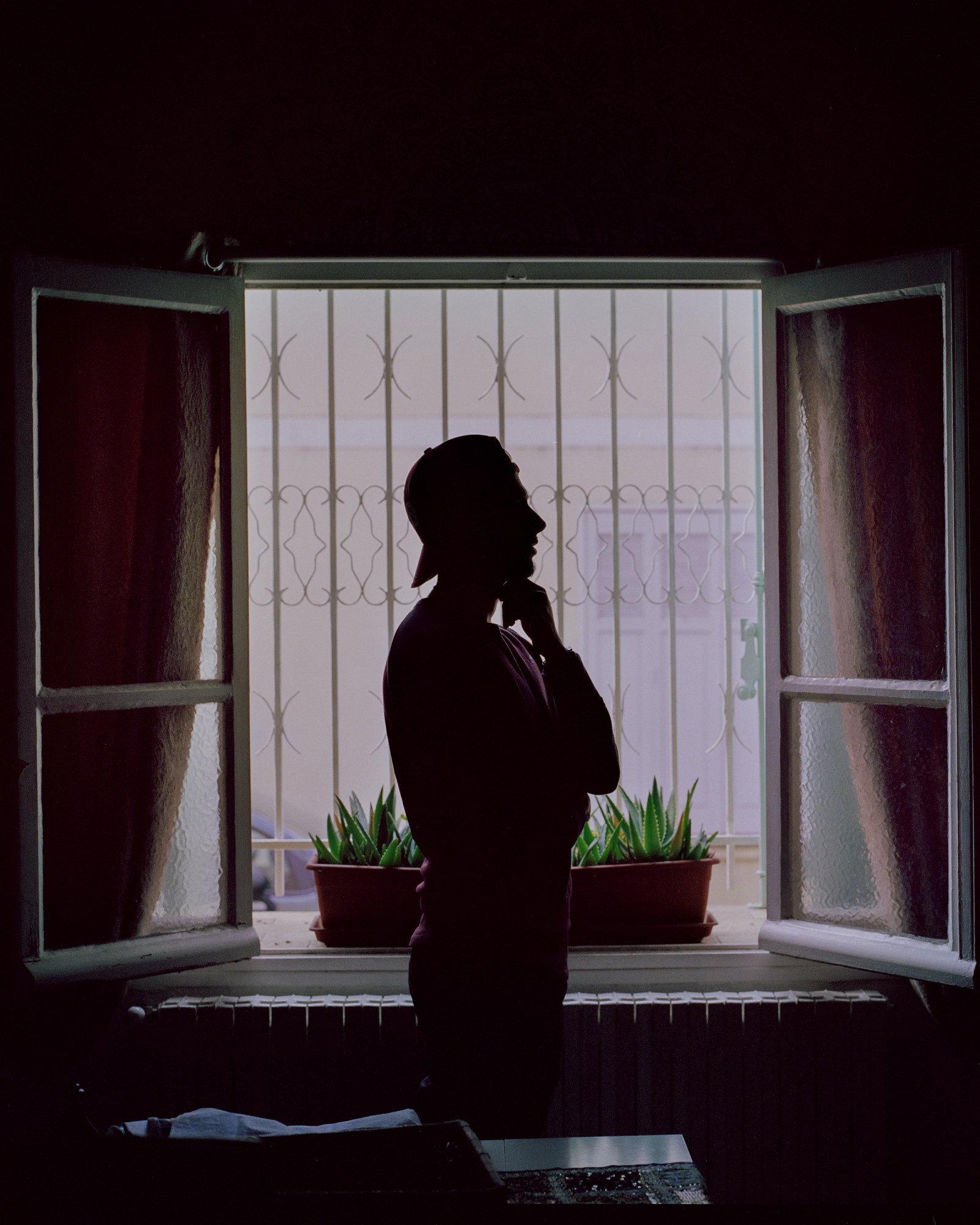
Jonas, Paris / Algeria
“Coming to terms with my gender identity took me 18 years, but accepting my cultural identity was a 27-year-long process. In the meantime, I was at a crossroads, caught between a rock and a hard place; overwhelmed by an inferiority complex and deeply internalised racism. It was through encounters, conversations, introspection, and questioning that I began to undo the ‘chains’ that kept me still. And what a relief to no longer have that weight on my shoulders. To simply be and fully exist, living all of one’s identities. Without concessions. Without half measures. Without barriers. To me, that’s being queer: to liberate oneself from society, the white cis-heteronormative world and its codes.”
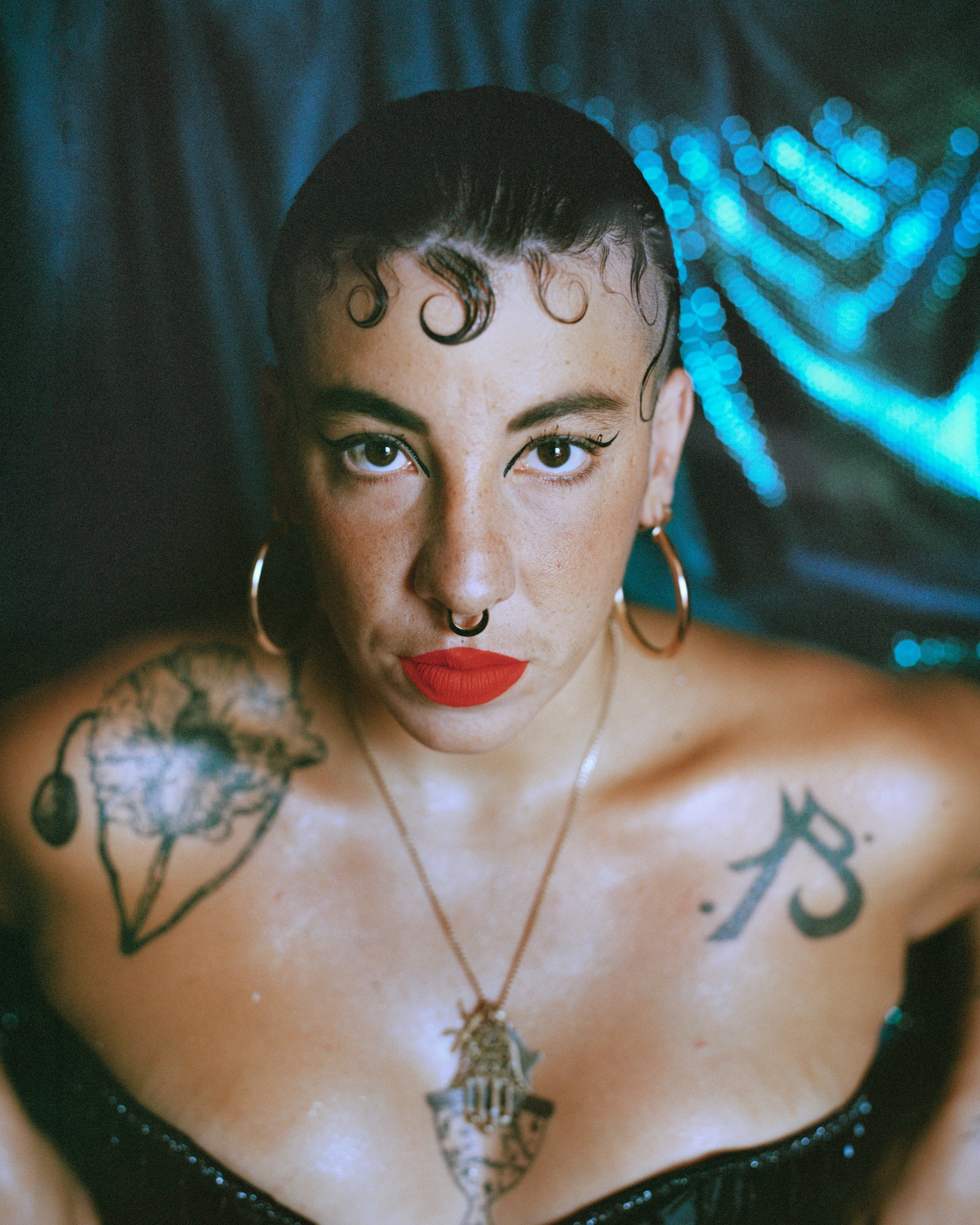
Habibitch, Paris / Algeria
“As a queer person of Muslim culture, I was tired of not seeing my experience represented anywhere. So I decided to take it upon myself, to stage and create a character who could embody this intersection of identities. For me, identity is not a status quo but a lived experience. And therefore, my life, my reality, is double. I am no less a dyke than I am Algerian; I am no less Algerian than I am a dyke.”
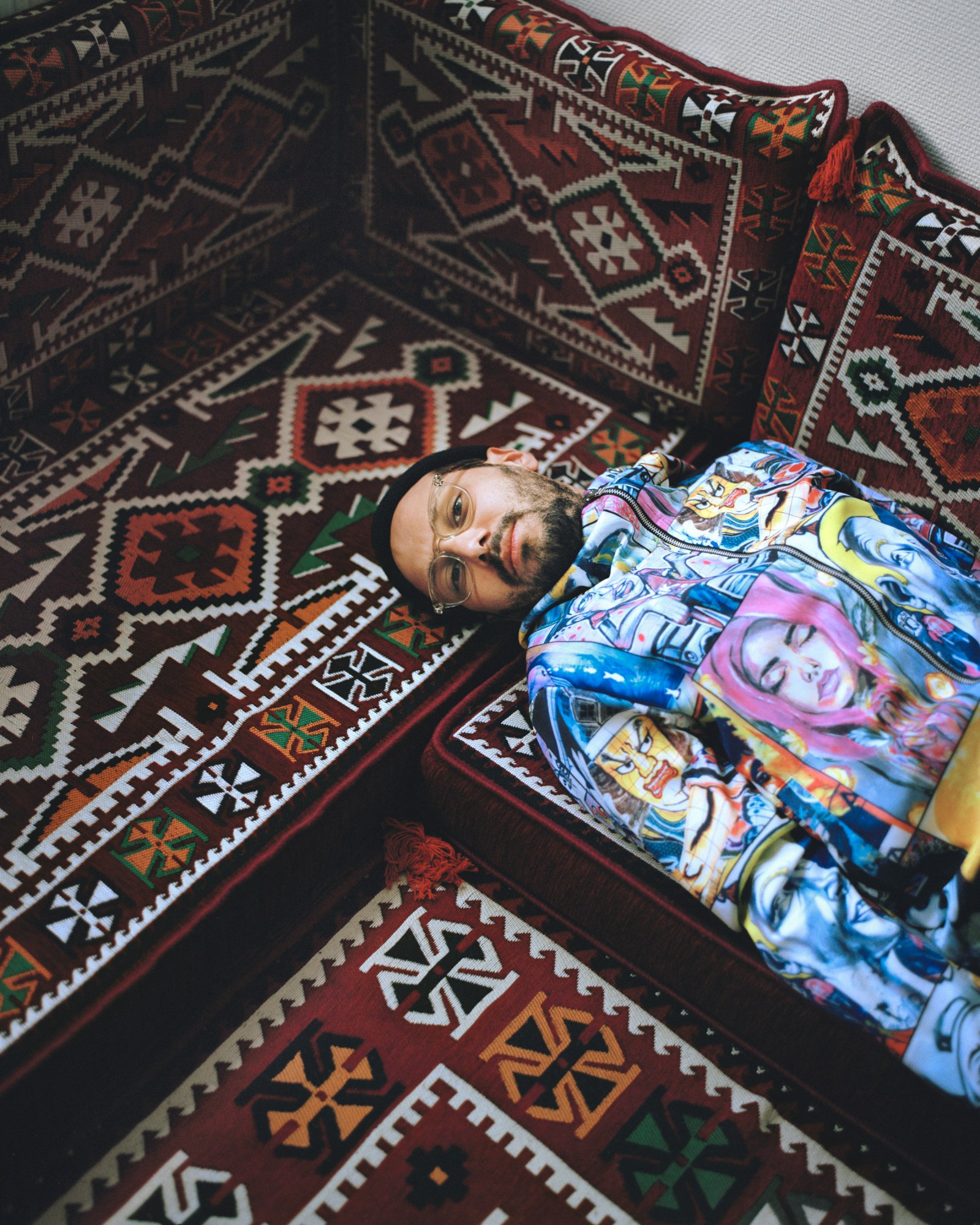
Djalil, Lyon / Algeria
“It is like having a knot in your stomach, as if you were burning from the inside. As if you felt your heart blazing until you say to yourself, “what is going on?” When I told my first sister that I was gay, she told me that she loved me and that it didn’t change anything. My second sister asked me if I was going to see a doctor. And when my brother asked me if I had slept with a girl and I told him that I liked guys, he took me in his arms and said to me: listen… I love you and if anyone bothers you, I’ll kick their ass.”
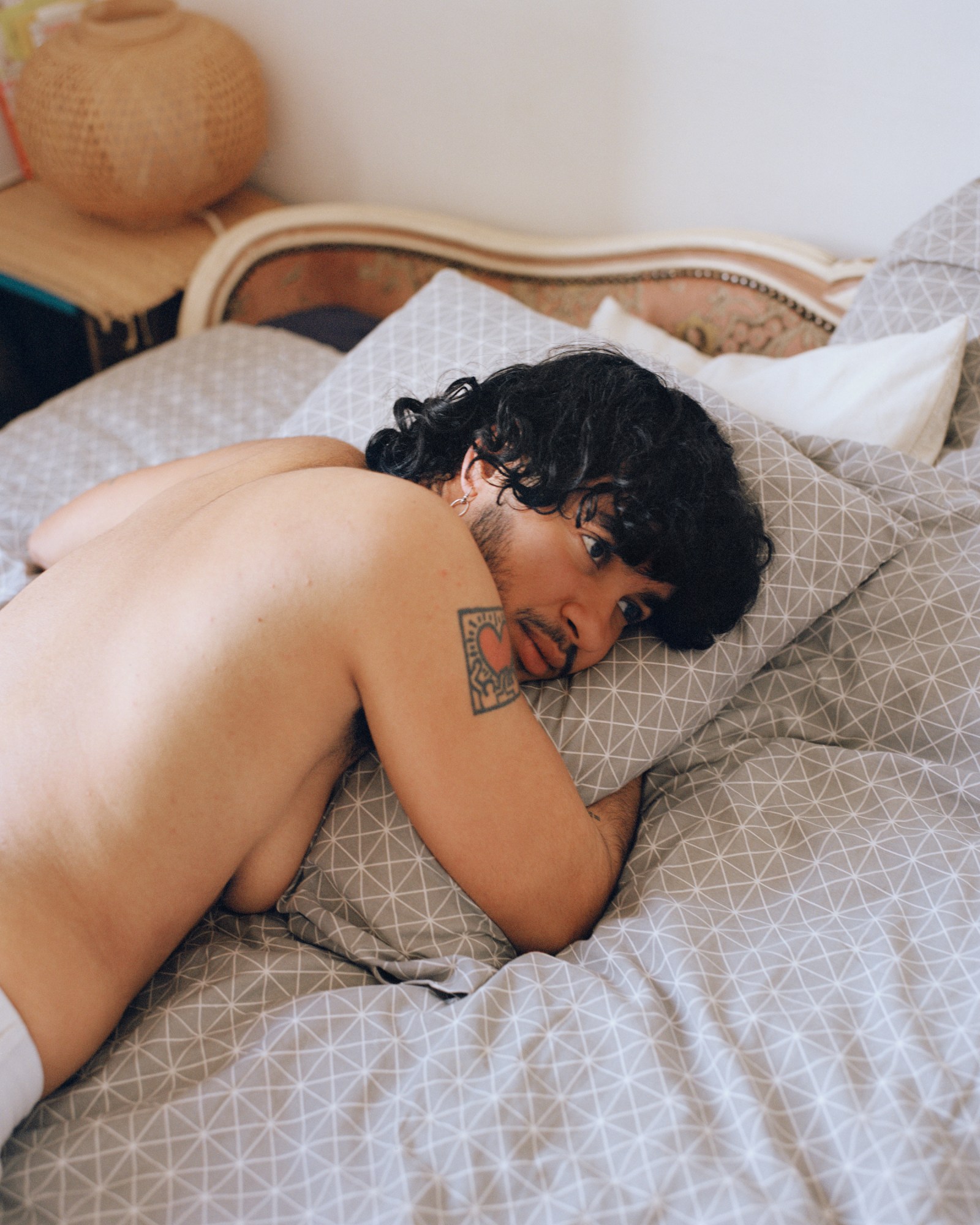
Noam, Marseille / Algeria and Morocco
“I think Islam saved me a little from getting sucked into heterosexuality. I remember that when I was little, there was this notion of not asking questions about sexuality. And actually, that protected me a lot. I said to myself: OK, it’s taboo. I’m going to like girls secretly in my head and that’s fine. I created fantasies. I used my imagination.”
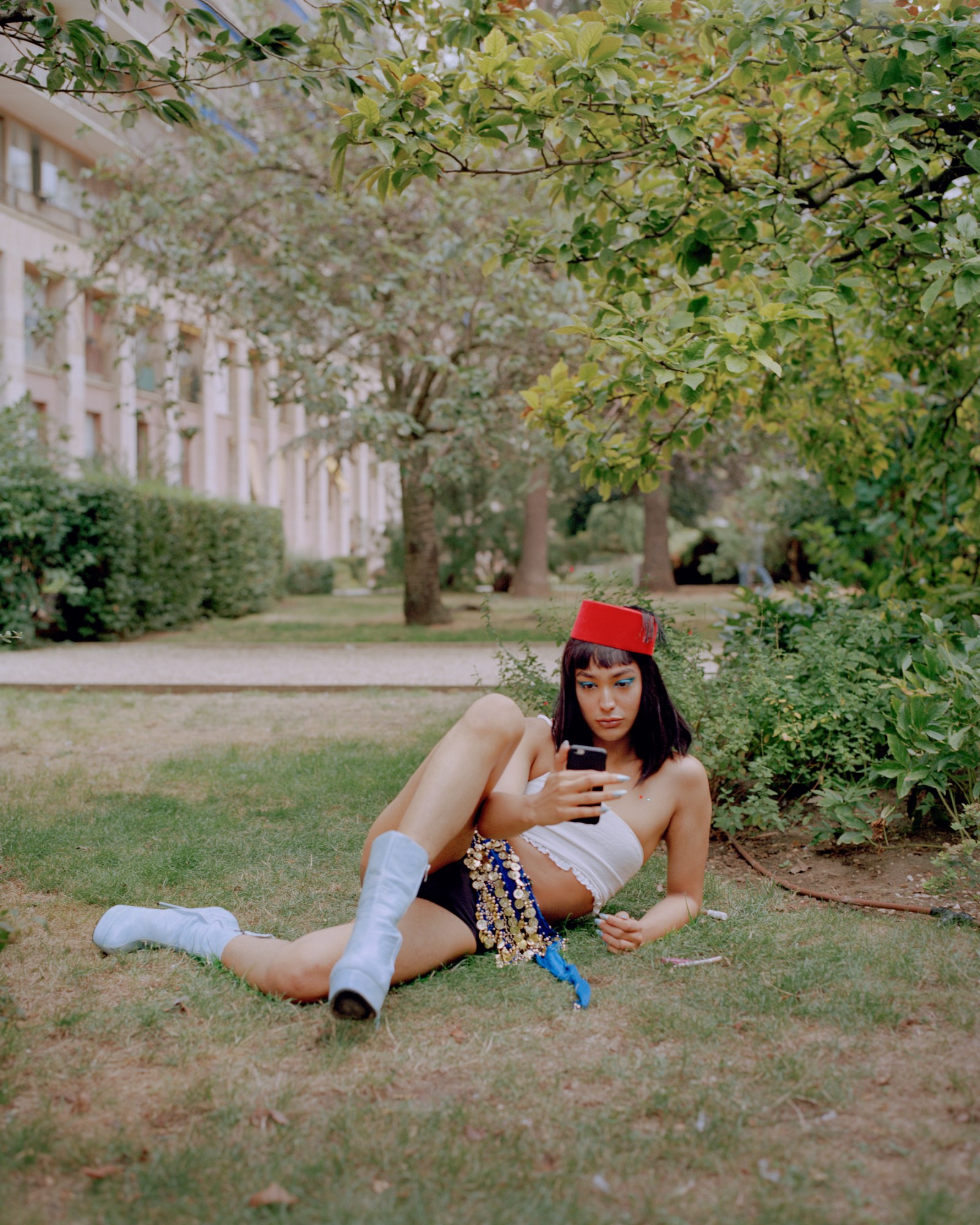
Lalla Rami, Boulogne / Morocco
“When I left Morocco at 18, it felt as if the tale of my childhood had suddenly come to a close. As if, by leaving the country and never going back, I had put an end to that chapter. When I arrived in France that same year, I had no friends or family. It felt as if I had changed universe. As if everything had gone blank. The moment when I eventually reconnected with God is extremely linked to that period of my life, which is the darkest one I have ever experienced. When nothing could give me faith anymore, the one thing I held on to was God, who gave me the strength to overcome any hardship. Maybe that is what I was there for. There will always be times that are much harder than others, but I know I will get there. I have nothing, but God is with me.”
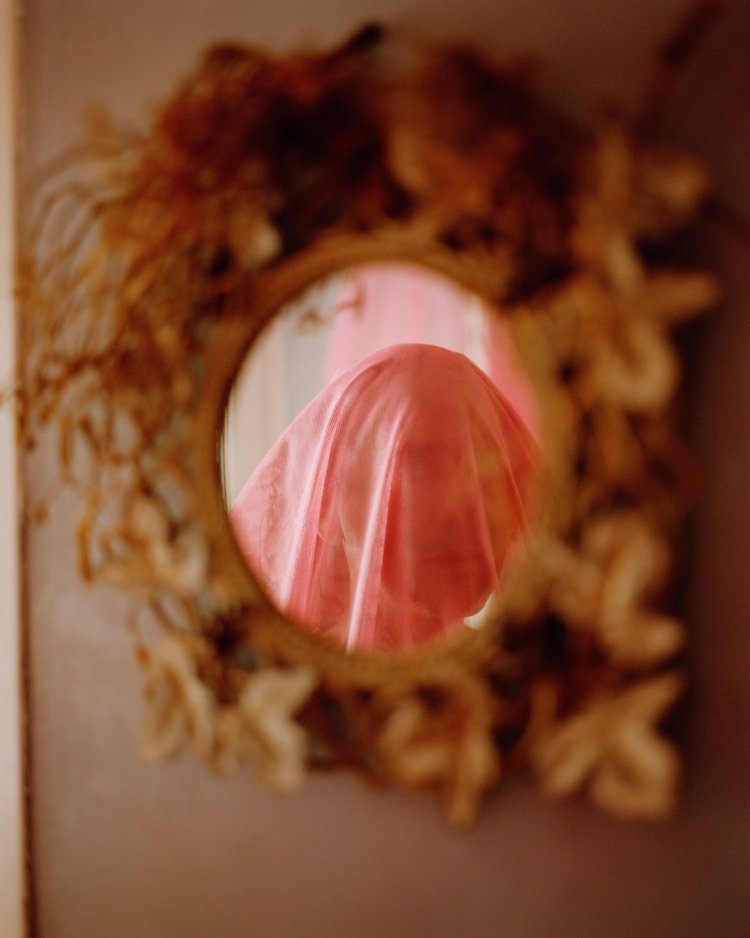
Bouchta, Marseille/Algeria
“It is like an old story that keeps coming back over and over again. I am very melancholic, but it is my life. Like a lot of gay people’s lives, it is not an easy life. We are always looking for a little quiet corner for self-preservation. We meditate, we exist in our corner and this photo is a separate universe that we all have within ourselves: a closet, a trunk, a drawer. It is very mystical. It is like a past, present, and future: it is eternal.”
Credits
Photography Camille Farrah Lenain
